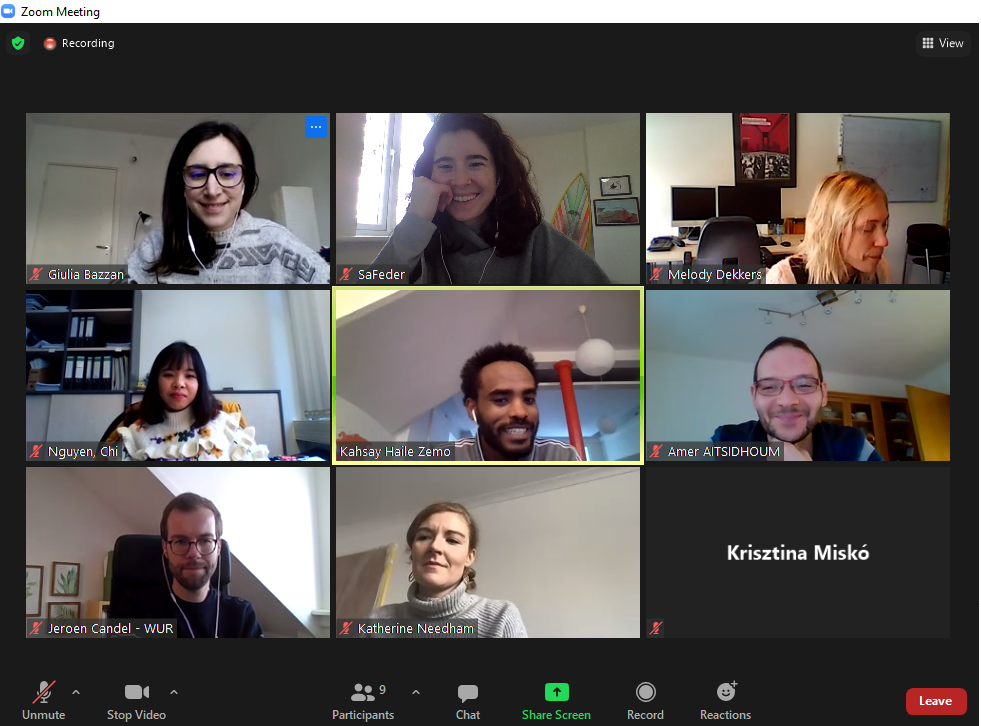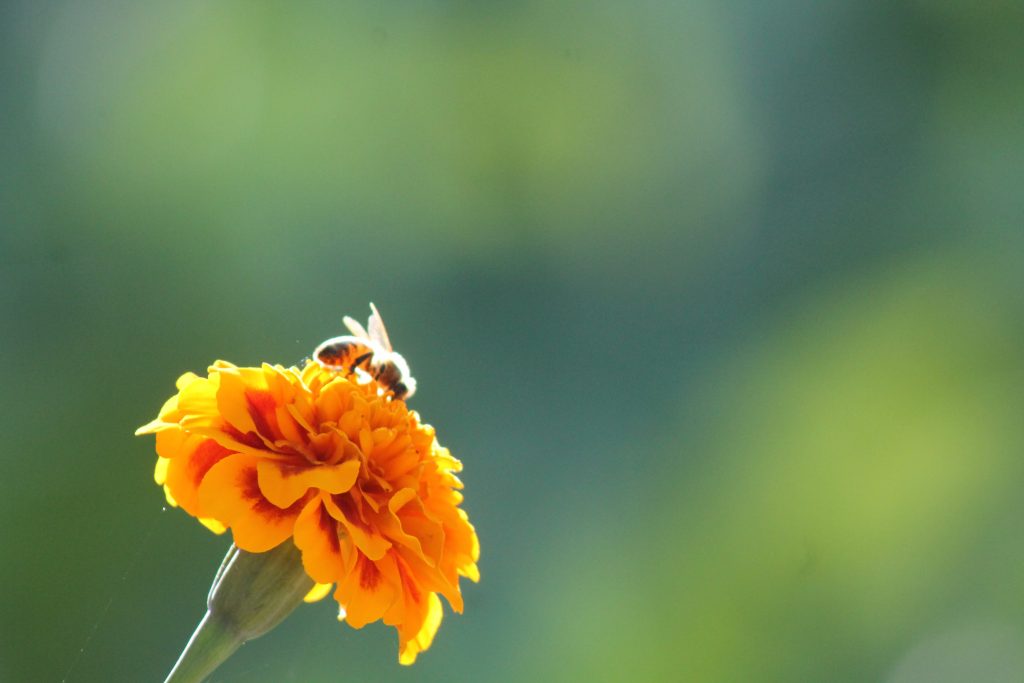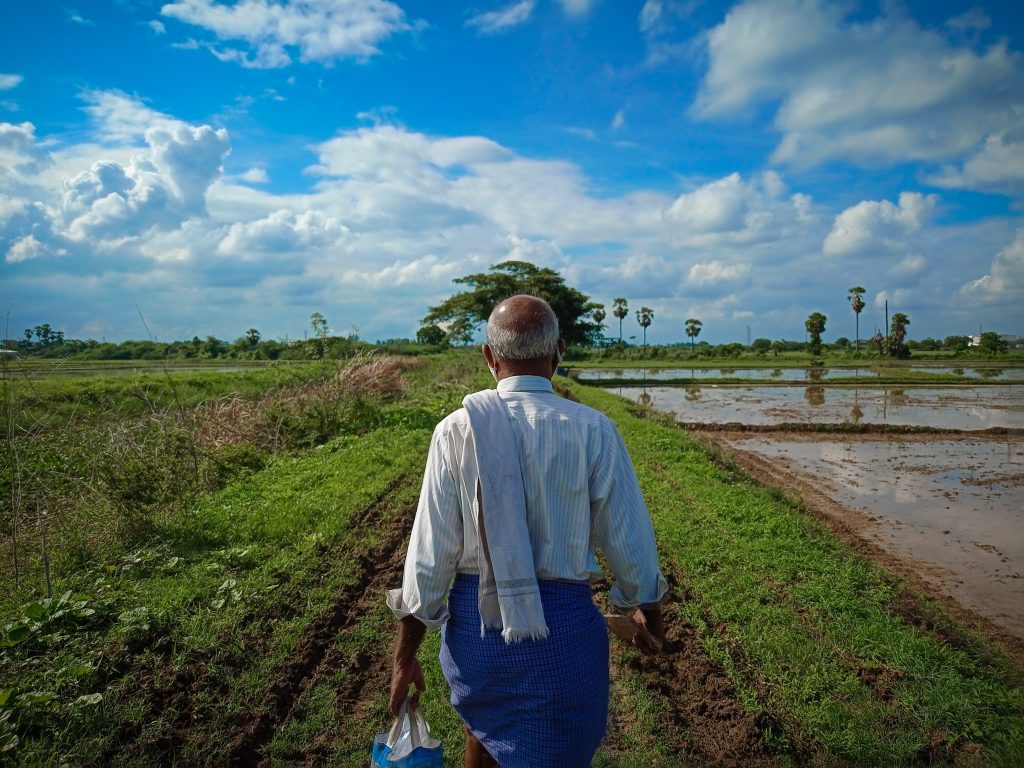9 February, 2021 – The Early Career Researchers’ Group in EFFECT convened for its second quarterly seminar. Many of the consortium partners in EFFECT were represented, with participants from the Technical University of Munich, Wageningen University, the University of Copenhagen, the Forest Sciences Centre of Catalonia (CTFC), the European Forest Institute (EFI), the University of Glasgow, and the University of Kiel. The aim of this group is to provide a space for early career researchers to share their experiences and identify opportunities to strengthen cross-collaboration within the EFFECT consortium.
The latest workshop was facilitated by Giulia Bazzan (University of Copenhagen) and co-organized by Mireia Pecurul (CTFC). Each participant gave a short presentation and an update on their research within EFFECT. A lively and engaging discussion ensued, which explored different publication planning strategies and best practices, both within and beyond EFFECT and other Horizon 2020 projects. Members raised questions and shared their experiences, as well as the challenges they have encountered.
“It has been great organizing this seminar,” Giulia reflected on her experience, “I think big consortia like EFFECT represent a unique opportunity for the young scholars involved to collaborate. Sharing advice and experience is a valuable part of our job and I am happy I could facilitate the discussion around publication strategies.” She added, “I’m very looking forward to participating in the next event!”

During the second half of the workshop, the group was joined by Jeroen Candel (Wageningen University) who is leading research in EFFECT on governance of agri-environmental schemes through a comparative case study, which tests collective contracts between agrarian cooperatives and farmer members across member states. Jeroen shared his expertise on publications, journal and submission processes, and H2020 projects, and was happy to answer questions prepared in advance by the early-career researchers.
“It was nice to share these insights with [the group]”, Candel said of the experience, and invited the researchers to follow up with him throughout the rest of the project. He expressed his hope that the group will “continue this good work”, stressing how valuable it is to “have a network of young researchers thinking about these kinds of things together.”
Some of the most pressing topics that arose had to do with the challenges and benefits regarding the different facets of the publication journey, a daunting task for many researchers, and particularly for those early in their career. Furthermore, they also spoke of possible strategies that may maximise the impact of their publications at a larger scale through effective and accessible dissemination and communications activities.
In the coming months, the early career researchers in EFFECT will surely rise to the challenge of sharing their key findings and identifying new opportunities to collaborate across the project. These efforts will be crucial to help relevant stakeholders see the value of developing sustainable agri-environmental public goods that will support the farmers and the environment.



